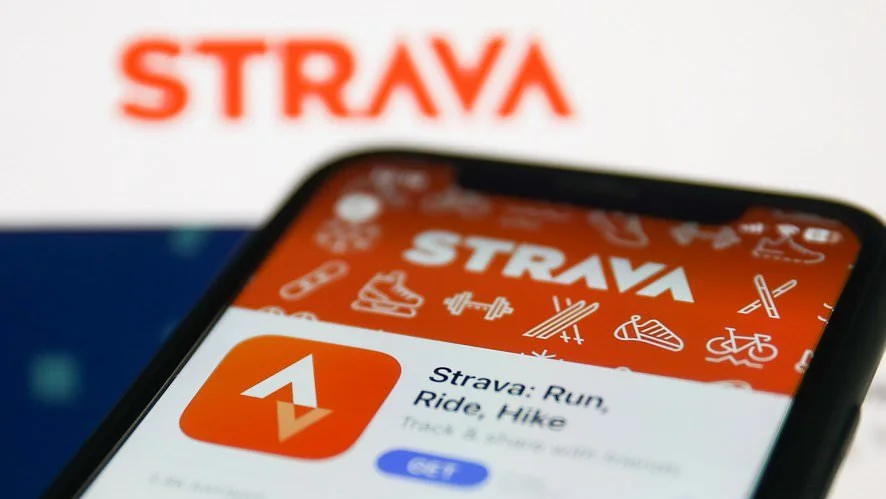
Fake My Run: Website Lets You Trick Strava with Impressive (But FAKE) Workouts
Runners, beware! A new website called Fake My Run is making waves by allowing users to generate falsified workout records that can be uploaded to popular fitness-tracking apps like Strava. But is it all fun and games, or does it highlight a deeper issue with performance culture in the fitness world?
Arthur Bouffard, the creator of Fake My Run, describes it as a "milestone in lazy technology innovation." The website allows users to create detailed, fraudulent runs, complete with mapped routes, that appear legitimate on platforms like Strava. The idea sparked from observing the increasing trend of "Strava mules" – people paid to run for others to boost their online stats.

Bouffard questions whether jogging has lost its intrinsic value, becoming more about external validation. "What happened to jogging for the pleasure of it, without the need for outside validation?" he asks. Fake My Run, in a subversive way, highlights challenges arising from the rapid spread of technology. If people are willing to fake something as simple as a run, what can we truly believe?
The program itself is easy to use. Users simply draw a custom route on the site and can manipulate details like pace, date, and start time. A video demonstration by Bouffard showcased its ease of use, prompting Pedro Duarte, head of marketing for a software company, to write, "believe nothing. not even people’s runs. insane, i hate it and i love it."
Strava isn’t thrilled. A spokesperson stated that they've already taken steps to delete activities and ban accounts using Fake My Run, possibly utilizing AI to detect suspicious activities. However, the website has already seen over 200,000 visitors and around 500 users have purchased tokens to create fake runs.
The reaction has been mixed. Some users see Fake My Run as a commentary on the pressure to perform and achieve online recognition, while others view it as simple cheating. One user compared it to "cheating at solitaire," questioning who would care about faking a personal workout.
The creator emphasizes the website is for entertainment purposes and that he does not want people to upload deceptive activities. He even cautioned users, "You never know if they’ll bring out an algorithm tomorrow and catch everyone. I can’t be responsible for that."
Ultimately, Fake My Run raises questions about authenticity, the impact of social media on personal pursuits, and the lengths people will go to for online validation. Is it a harmless prank, or a symptom of a larger problem?
What do you think? Share your thoughts in the comments below!